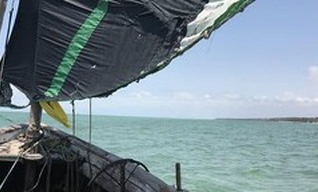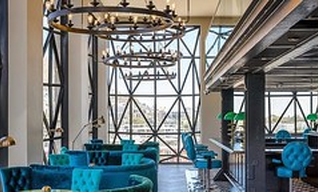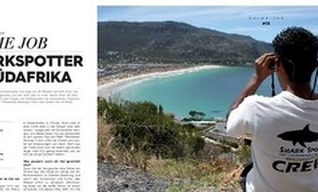
Anja Medau
Salzburg
-
Noch keine BeiträgeHier wird noch geschrieben ... bitte schaue bald nochmal vorbei

Anja Medau
-
gesundheit
-
kultur
-
reisen
-
sport
-
surfen
-
trends
-
lifestyle
-
südafrika
-
luxus
-
meer
-
stadtleben
-
genuss
-
kapstadt
Ich kreiere Texte , Audio-Geschichten und Content Formate. Als Journalistin für Medien, für Unternehmen auf unterschiedlichen Kanälen der Unternehmenskommunikation. Mit über 20 Jahren journalistischer Expertise verbinde ich kreative Medien- und Contenterfahrung mit strategischer Markenkommunikation durch meinen Hintergrund in PR, Corporate Communications und Werbung.
Zu meinen Top Skills gehören: Redaktion, Moderation, Content-Strategie, kreatives Projektmanagement
Auftraggeber
94.3RS2 , BB Radio , Berliner Zeitung , Berliner Zeitung , Kapstadt-Magazin , LOOX Magazin , OceanAmp , Prime Surfing , Radio EINS , Radio Fritz , Radio Paradiso
Weitere Profile
Fehler!
Leider konnte der Artikel nicht gefunden werden.
We can't find the internet
Attempting to reconnect
Something went wrong!
Hang in there while we get back on track









